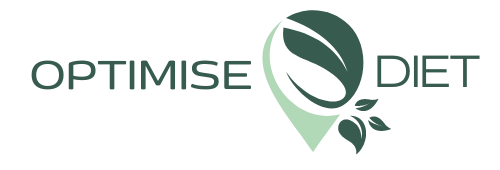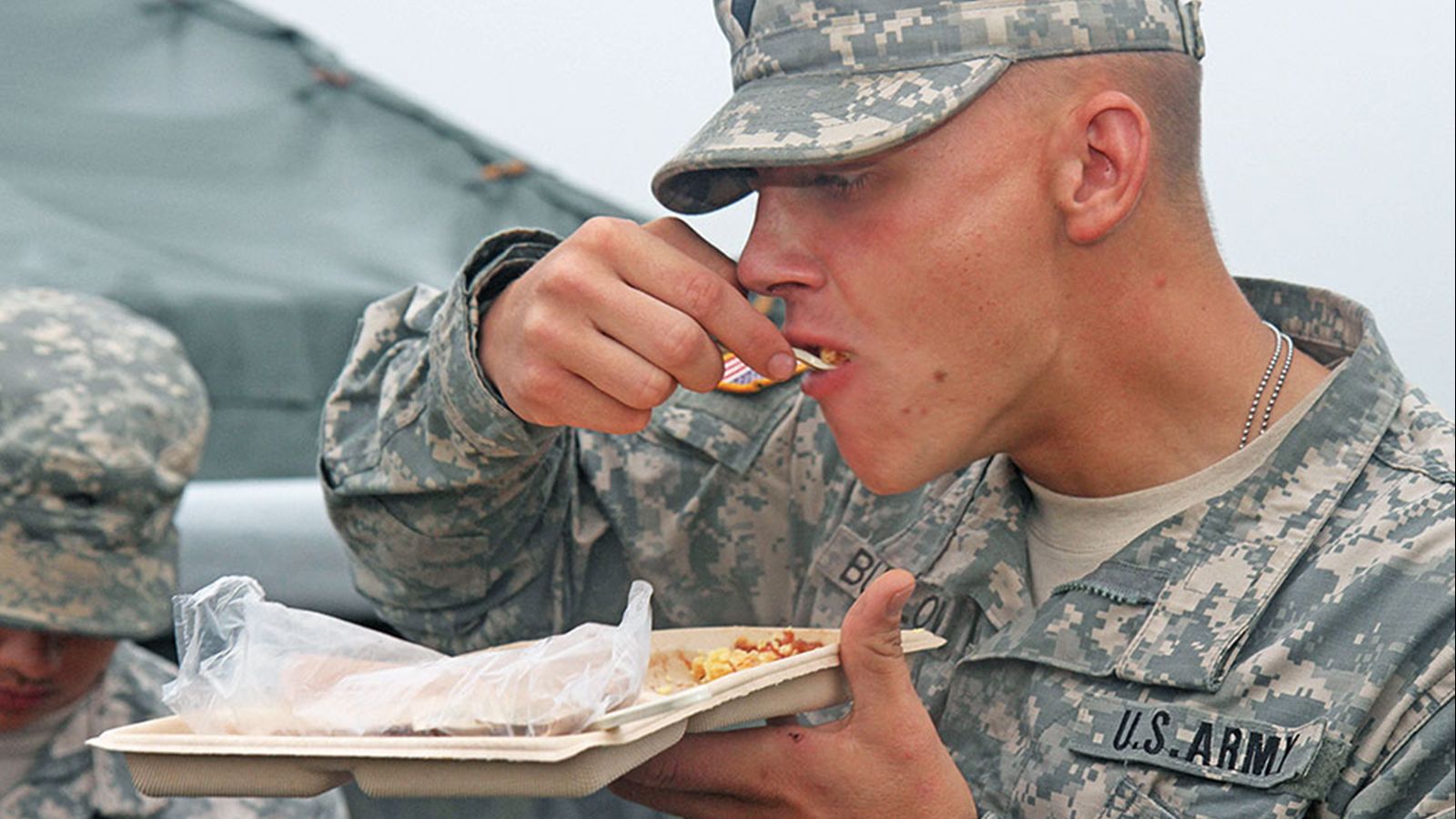Have you ever wondered how Navy SEALs maintain peak physical and mental performance in the most challenging conditions on Earth?
I was curious too, so I looked into the Navy SEAL diet to uncover their nutritional secrets.
In this comprehensive guide, I’ll walk you through the principles, recommended foods, and benefits of the Navy SEAL diet.
Whether you’re aiming to enhance your fitness or just curious about how these elite warriors fuel their bodies, this article is for you.
Principles of the Navy SEAL Diet

- Balanced Macronutrient Intake: The diet emphasizes the right proportions of carbohydrates, proteins, and fats. The typical ratio recommended is approximately 50% carbohydrates, 30% proteins, and 20% fats.
- Nutrient Timing: Eating at strategic times is crucial. Consuming carbohydrates before training provides energy, while proteins after workouts aid in muscle recovery.
- Hydration: Staying well-hydrated is essential. Dehydration can impair performance significantly. According to Dr. Lawrence E. Armstrong, a professor of kinesiology at the University of Connecticut, even a 2% loss in body weight through dehydration can lead to a noticeable decrease in physical and cognitive performance.
- Whole Foods Over Processed Foods: Minimizing intake of processed and sugary foods reduces inflammation and maintains steady energy levels.
Foods Included in the Diet
- Calories: Approximately 3,000–3,500 kcal per day (adjust as needed)
Macronutrient Breakdown
- Carbohydrates (50%): Provide energy for high-intensity activities.
- Proteins (30%): Support muscle repair, growth, and immune function.
- Fats (20%): Essential for hormone production, brain function, and sustained energy.
Recommended Foods
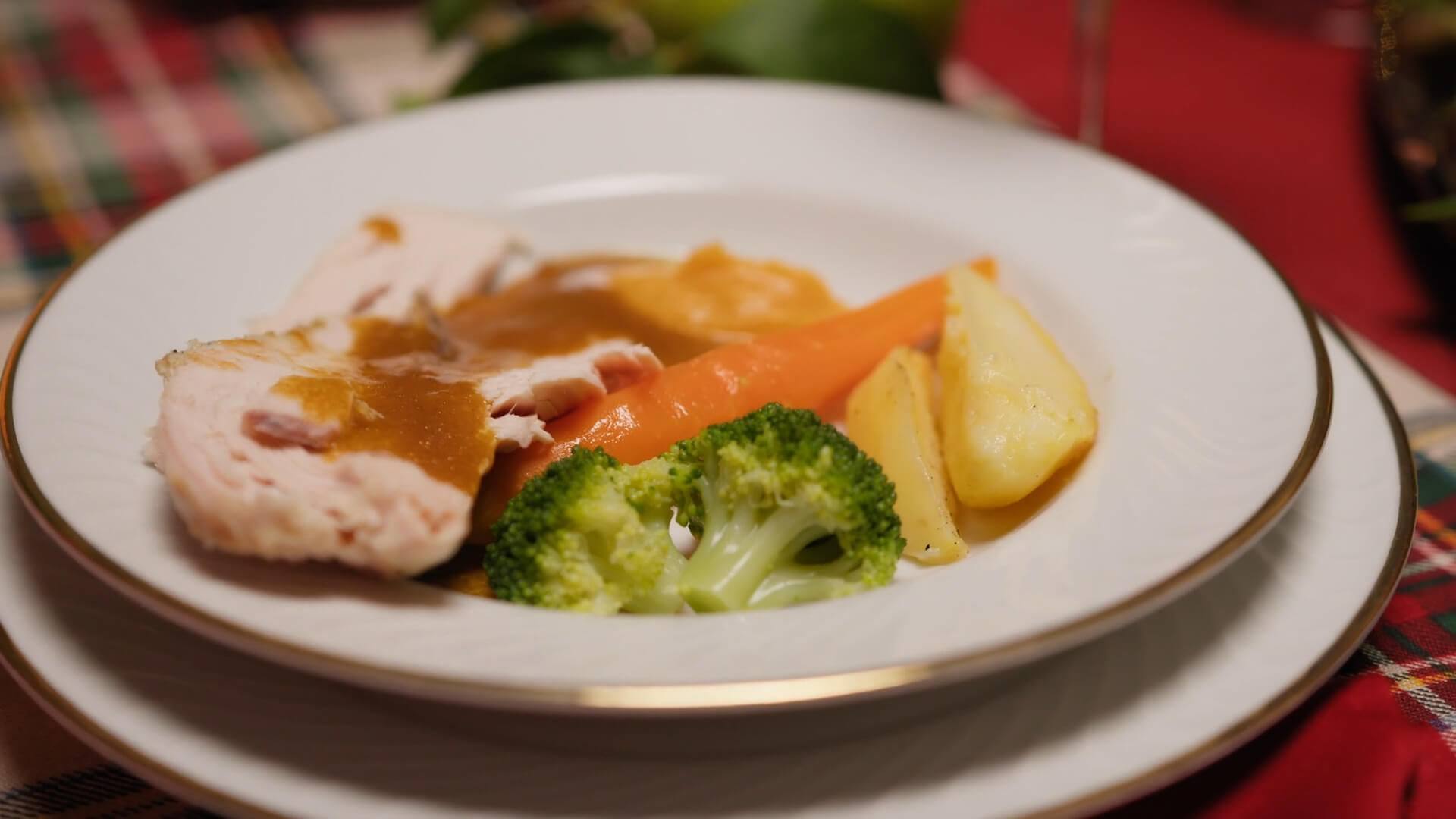
Carbohydrates
- Whole Grains: Brown rice, quinoa, oats, and whole wheat bread.
- Fruits: Bananas, berries, apples, and oranges.
- Vegetables: Sweet potatoes, broccoli, spinach, and kale.
- Legumes: Lentils, chickpeas, and black beans.
Proteins
- Lean Meats: Chicken breast, turkey, lean beef, and pork loin.
- Fish: Salmon, tuna, and mackerel, rich in omega-3 fatty acids.
- Eggs: A complete protein source with essential amino acids.
- Dairy: Greek yogurt and cottage cheese.
- Plant-Based Proteins: Tofu, tempeh, and edamame.
Fats
- Healthy Oils: Extra virgin olive oil, avocado oil, and coconut oil.
- Nuts and Seeds: Almonds, walnuts, chia seeds, and flaxseeds.
- Avocados: Rich in monounsaturated fats and fiber.
- Fatty Fish: As mentioned, fish like salmon provide both protein and healthy fats.
Foods to Avoid
- Processed Sugars: Candy, pastries, sugary cereals, and sodas.
- Refined Grains: White bread, white rice, and regular pasta.
- Trans Fats: Fried foods, margarine, and certain baked goods.
- Excessive Caffeine and Alcohol: Can lead to dehydration and impair recovery.
Example of a Week-Worthy Meal Plan
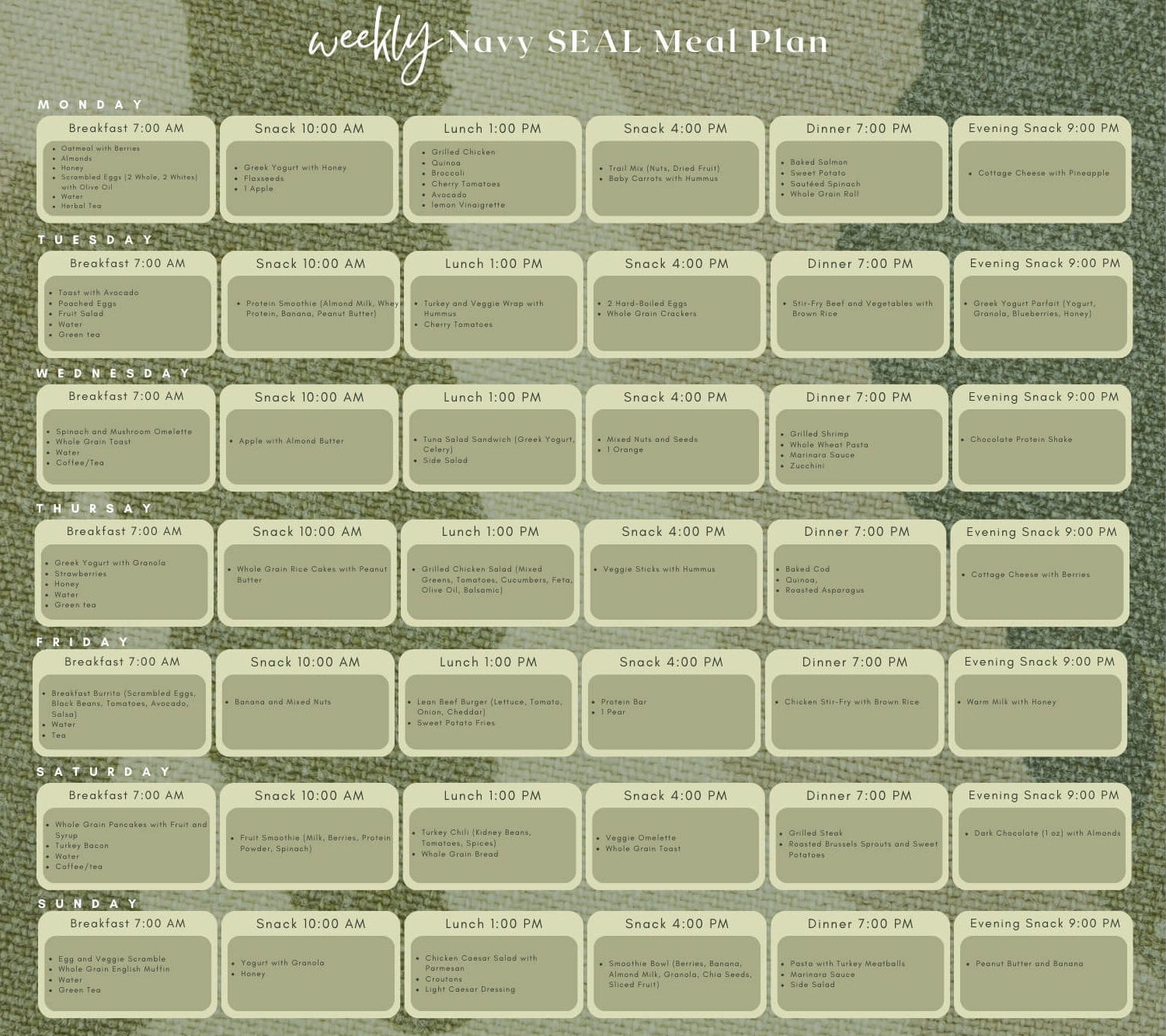
| Day | Meal | Time | Food |
|---|---|---|---|
| Monday | Breakfast | 7:00 AM | Oatmeal with berries, almonds, and honey; Scrambled eggs (2 whole, 2 whites) with olive oil; Water, herbal tea |
| Snack | 10:00 AM | Greek yogurt with honey, flaxseeds; 1 apple | |
| Lunch | 1:00 PM | Grilled chicken, quinoa, broccoli, cherry tomatoes, avocado, lemon vinaigrette | |
| Snack | 4:00 PM | Trail mix (nuts, dried fruit); Baby carrots with hummus | |
| Dinner | 7:00 PM | Baked salmon, sweet potato, sautéed spinach, whole grain roll | |
| Evening Snack | 9:00 PM | Cottage cheese with pineapple | |
| Tuesday | Breakfast | 7:00 AM | Toast with avocado, poached eggs; Fruit salad; Water, and green tea |
| Snack | 10:00 AM | Protein smoothie (almond milk, whey protein, banana, peanut butter) | |
| Lunch | 1:00 PM | Turkey and veggie wrap with hummus; Cherry tomatoes | |
| Snack | 4:00 PM | 2 hard-boiled eggs; Whole grain crackers | |
| Dinner | 7:00 PM | Stir-fry beef and vegetables with brown rice | |
| Evening Snack | 9:00 PM | Greek yogurt parfait (yogurt, granola, blueberries, honey) | |
| Wednesday | Breakfast | 7:00 AM | Spinach and mushroom omelette; Whole grain toast; Water, coffee/tea |
| Snack | 10:00 AM | Apple with almond butter | |
| Lunch | 1:00 PM | Tuna salad sandwich (Greek yogurt, celery); Side salad | |
| Snack | 4:00 PM | Mixed nuts and seeds; 1 orange | |
| Dinner | 7:00 PM | Grilled shrimp, whole wheat pasta, marinara sauce, zucchini | |
| Evening Snack | 9:00 PM | Chocolate protein shake | |
| Thursday | Breakfast | 7:00 AM | Greek yogurt with granola, strawberries, honey; Water, and green tea |
| Snack | 10:00 AM | Whole grain rice cakes with peanut butter | |
| Lunch | 1:00 PM | Grilled chicken salad (mixed greens, tomatoes, cucumbers, feta, olive oil, balsamic) | |
| Snack | 4:00 PM | Veggie sticks with hummus | |
| Dinner | 7:00 PM | Baked cod, quinoa, roasted asparagus | |
| Evening Snack | 9:00 PM | Cottage cheese with berries | |
| Friday | Breakfast | 7:00 AM | Breakfast burrito (scrambled eggs, black beans, tomatoes, avocado, salsa); Water, tea |
| Snack | 10:00 AM | Banana and mixed nuts | |
| Lunch | 1:00 PM | Lean beef burger (lettuce, tomato, onion, cheddar); Sweet potato fries | |
| Snack | 4:00 PM | Protein bar; 1 pear | |
| Dinner | 7:00 PM | Chicken stir-fry with brown rice | |
| Evening Snack | 9:00 PM | Warm milk with honey | |
| Saturday | Breakfast | 8:00 AM | Whole grain pancakes with fruit and syrup; Turkey bacon; Water, coffee/tea |
| Snack | 11:00 AM | Fruit smoothie (milk, berries, protein powder, spinach) | |
| Lunch | 2:00 PM | Turkey chili (kidney beans, tomatoes, spices); Whole grain bread | |
| Snack | 5:00 PM | Veggie omelette; Whole grain toast | |
| Dinner | 8:00 PM | Grilled steak, roasted Brussels sprouts and sweet potatoes | |
| Evening Snack | 10:00 PM | Dark chocolate (1 oz) with almonds | |
| Sunday | Breakfast | 8:00 AM | Egg and veggie scramble; Whole grain English muffin; Water, green tea |
| Snack | 11:00 AM | Yogurt with granola, honey | |
| Lunch | 2:00 PM | Chicken Caesar salad with Parmesan, croutons; Light Caesar dressing | |
| Snack | 5:00 PM | Smoothie bowl (berries, banana, almond milk; granola, chia seeds, sliced fruit) | |
| Dinner | 8:00 PM | Pasta with turkey meatballs, marinara sauce; Side salad | |
| Evening Snack | 10:00 PM | Peanut butter and banana |
DOWNLOAD WEEKLY NAVY SEAL MEAL PLANNER TEMPLATE HERE.
Benefits of the Navy SEAL Diet
Physical Benefits
- Enhanced Performance – By fueling your body with the right nutrients, you can significantly improve endurance and strength. Dr. Nancy Clark, a renowned sports nutritionist, notes that proper nutrition can enhance athletic performance by up to 15%. Carbohydrates are essential for glycogen stores, which are the primary energy source during high-intensity exercise.
- Improved Recovery – Adequate protein intake aids in muscle repair and reduces recovery time between workouts. According to a study published in the Journal of the International Society of Sports Nutrition, consuming protein immediately after exercise can enhance muscle protein synthesis by 50%.
- Weight Management – Balancing macronutrients helps maintain a healthy body weight and composition. High-protein diets can increase satiety, helping you feel fuller longer, which may reduce overall calorie intake.
Mental Benefits
- Increased Focus and Cognitive Function – Stable blood sugar levels from complex carbohydrates can improve cognitive function. Dr. Charles Hillman, a professor at Northeastern University, has conducted research showing that proper nutrition positively affects brain function and focus.
- Better Mood – Omega-3 fatty acids from fish have been linked to reduced symptoms of depression and anxiety. A meta-analysis in the Journal of Clinical Psychiatry found that omega-3 supplementation could reduce depressive symptoms by up to 20%.
- Stress Reduction – Nutrient-rich foods support the body’s stress response mechanisms. B vitamins, found in whole grains and leafy greens, play a crucial role in brain health and stress management.
Expert Opinions
Dr. Mark Hyman, MD
Dr. Mark Hyman, a functional medicine physician and author, emphasizes the importance of whole foods and balanced nutrition.
“What you put at the end of your fork is more powerful than anything you’ll find at the bottom of a pill bottle,” he says. His work highlights how diet affects not just physical performance but overall health.
Dr. John Berardi, PhD
Dr. John Berardi, co-founder of Precision Nutrition, specializes in sports nutrition. He notes,
“Athletes need to consider not just the quantity but the quality of their food. Nutrient timing and macronutrient balance are key to optimal performance and recovery”.
Potential Drawbacks and Considerations
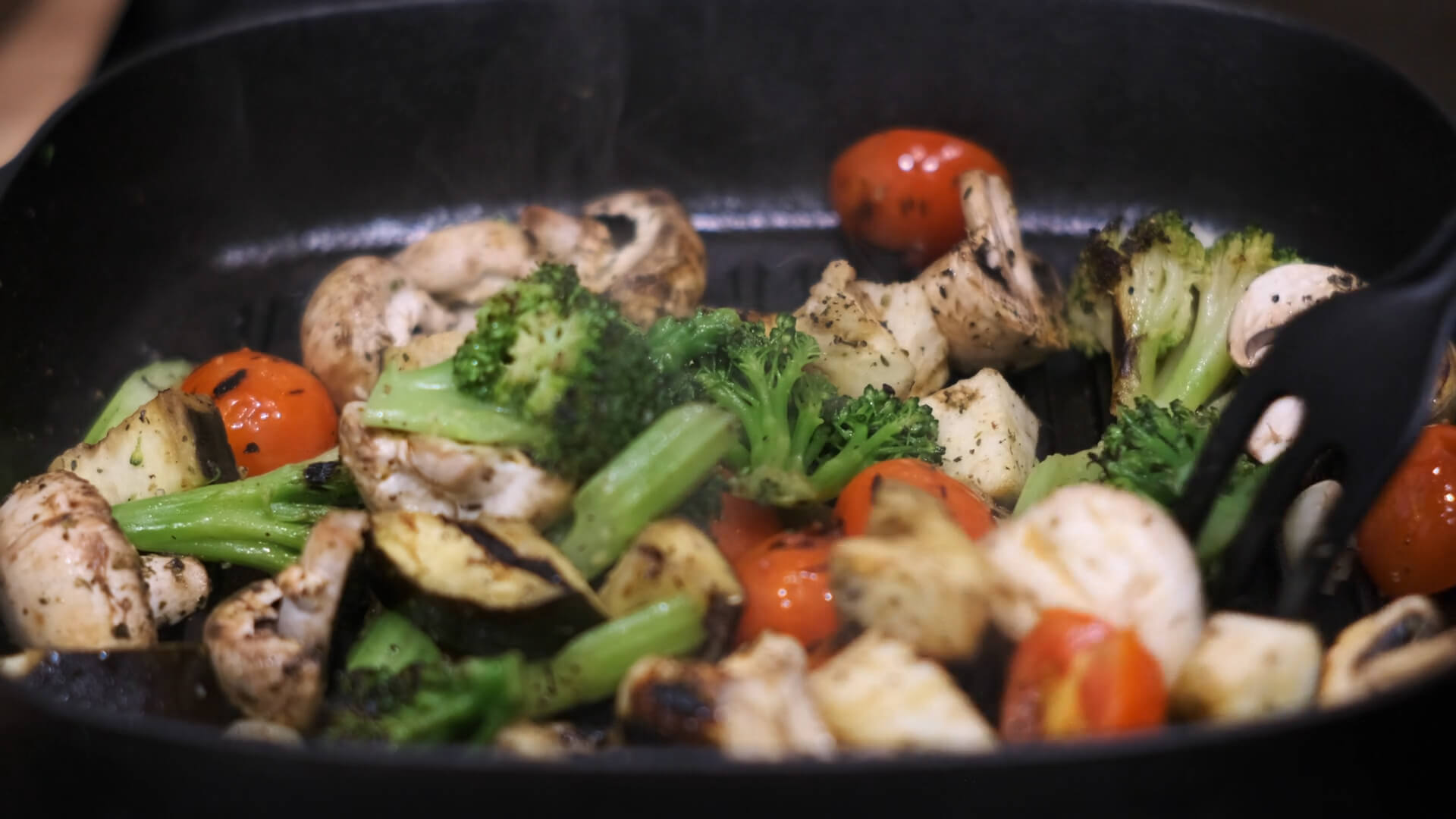
- Caloric Needs – The diet is high in calories to support intense training. If you’re less active, you may need to adjust portion sizes to avoid unwanted weight gain.
- Meal Preparation – Preparing fresh, balanced meals requires time and effort. Meal prepping can help, but it demands planning and consistency.
- Access to Quality Foods – Emphasizing whole, often organic foods can be more expensive and may not be accessible to everyone.
- Individual Differences – Everyone’s body is different. What works for Navy SEALs may not be ideal for you. Factors like metabolism, allergies, and dietary preferences play a role.
Is the Navy SEAL Diet Right for You?
Consider Your Activity Level
If you’re engaging in regular, intense physical activity, this diet could support your performance. However, for sedentary individuals, the high caloric and carbohydrate intake may not be necessary.
Assess Your Health Goals
Are you aiming to build muscle, increase endurance, or improve overall fitness? The Navy SEAL diet aligns well with these goals.
Lifestyle Compatibility
Are you willing to plan meals and prioritize nutrition? The diet requires a commitment to see benefits.
Medical Consultation
Always consult with a healthcare professional or a registered dietitian before making significant dietary changes, especially if you have underlying health conditions.
Tips
- Plan Ahead – Prepare meal plans and shopping lists to stay on track. Meal prepping can save time during the week.
- Stay Hydrated – Aim for at least 3 liters (about 13 cups) of water per day for men and 2.2 liters (about 9 cups) for women, as recommended by the National Academies of Sciences, Engineering, and Medicine.
- Monitor Portions – Use measuring tools or apps to ensure you’re hitting the right macronutrient ratios.
- Listen to Your Body – Adjust your intake based on how you feel and perform. If you’re feeling sluggish, you might need more carbs or hydration.
- Supplement Wisely – Consider supplements like omega-3s, vitamin D, or protein powders if needed. Dr. Michael Lynch, a sports medicine physician, suggests that supplements can fill nutritional gaps but shouldn’t replace whole foods.
- Prioritize Sleep – Recovery isn’t just about nutrition. Aim for 7-9 hours of quality sleep per night to support muscle repair and cognitive function.
Bottom Line
By focusing on balanced nutrition, strategic eating, and proper hydration, you’re equipping your body to handle demanding activities and recover efficiently. It’s more than a diet—it’s a commitment to fueling your body like an elite warrior.
Ready to take the plunge and fuel your body for optimal performance? Start incorporating these principles today and experience the difference for yourself!
References
- Armstrong, L. E. (2007). Assessing Hydration Status: The Elusive Gold Standard. Journal of the American College of Nutrition, 26(sup5), 575S–584S. Source
- Clark, N. (2013). Nancy Clark’s Sports Nutrition Guidebook. Human Kinetics. Source
- Witard, O. C., Jackman, S. R., Breen, L., et al. (2014). Myofibrillar muscle protein synthesis rates subsequent to a meal in response to increasing doses of whey protein at rest and after resistance exercise. American Journal of Clinical Nutrition, 99(1), 86–95. Source
- Hillman, C. H., Erickson, K. I., & Kramer, A. F. (2008). Be smart, exercise your heart: exercise effects on brain and cognition. Nature Reviews Neuroscience, 9(1), 58–65. Source
- Grosso, G., Galvano, F., Marventano, S., et al. (2014). Omega-3 Fatty Acids and Depression: Scientific Evidence and Biological Mechanisms. Oxidative Medicine and Cellular Longevity, 2014, 313570. Source
- Hyman, M. (2012). The Blood Sugar Solution: The UltraHealthy Program for Losing Weight, Preventing Disease, and Feeling Great Now!. Little, Brown and Company. Source
- Berardi, J. (2017). Precision Nutrition: Nutrition Coaching and Certification. Precision Nutrition Inc. Source
- National Academies of Sciences, Engineering, and Medicine. (2005). Dietary Reference Intakes for Water, Potassium, Sodium, Chloride, and Sulfate. The National Academies Press. Source
- Lynch, M. (2019). The Role of Supplements in Sports Nutrition. Current Sports Medicine Reports, 18(6), 210–216. Source
